- Home
- Foot & Ankle Conditions
- Foot Ulcers
Foot Ulcers
Updated
4/4/2024
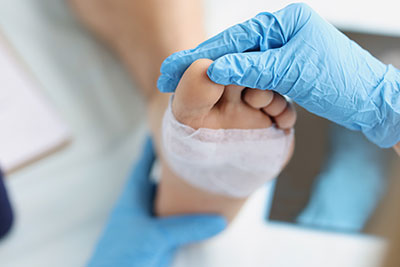
What are foot ulcers?
Foot ulcers are wounds and lesions on the feet that keep returning or do not entirely heal. Foot ulcers result from broken skin that leaves the cells in your feet prone to infections and damage. They are the leading cause of foot infections in adults.
Are you worried about recurring or non-healing wounds on your foot?
Getting a recurring or non-healing wound checked out by a podiatric wound expert is better than waiting until the condition worsens and becomes harder to treat. If left untreated for too long, the infection can spread into the bone (osteomyelitis), causing serious complications and, in some cases, amputation.
19,483 Total 1st Party Reviews / 4.9 out of 5 Stars
 I came to University foot and ankle with severe charcot foot Dr Franson and his staff are most loving and caring people they fi...Danny D.
I came to University foot and ankle with severe charcot foot Dr Franson and his staff are most loving and caring people they fi...Danny D. Great experience. Great communication. Great direction for my care. Very happy I chose to go with this particular doctor and o...Christopher R.
Great experience. Great communication. Great direction for my care. Very happy I chose to go with this particular doctor and o...Christopher R. Great service and care. Highly recommend Dr. Franson.David B.
Great service and care. Highly recommend Dr. Franson.David B. If you have to go see a Doctor than this is a great experience.Frank M.
If you have to go see a Doctor than this is a great experience.Frank M. My doctor was great. Really greatRudolph B.
My doctor was great. Really greatRudolph B. Waited maybe 5-10 minutes past my appointment time in the waiting room (which is GREAT compared to other Doctors)
Waited maybe 5-10 minutes past my appointment time in the waiting room (which is GREAT compared to other Doctors)
Was called i...John L. Dr Baravarian is awesome! I say this because he's perfectly willing to admit when he doesn't know something and when he cannot...Julie D.
Dr Baravarian is awesome! I say this because he's perfectly willing to admit when he doesn't know something and when he cannot...Julie D. Good.David E.
Good.David E. Your Santa Barbara office and Dr. Johnson always give me excellent care!Jayne A.
Your Santa Barbara office and Dr. Johnson always give me excellent care!Jayne A. Dr. Gina Nalbadian was amazing!! I came in with an emergency foot situation and she had wonderful bedside manner and resolved m...Danielle C.
Dr. Gina Nalbadian was amazing!! I came in with an emergency foot situation and she had wonderful bedside manner and resolved m...Danielle C. I was frustrated that after 3 weeks I still hadn’t heard back about my PT referral status. And I did sit in a room for over 30 ...Sarah C.
I was frustrated that after 3 weeks I still hadn’t heard back about my PT referral status. And I did sit in a room for over 30 ...Sarah C. I’m very pleased with Dr. Kelman.Alan S.
I’m very pleased with Dr. Kelman.Alan S.
-
 Listen Now
9 Running Tips from Sports Medicine Experts
Read More
Listen Now
9 Running Tips from Sports Medicine Experts
Read More
-
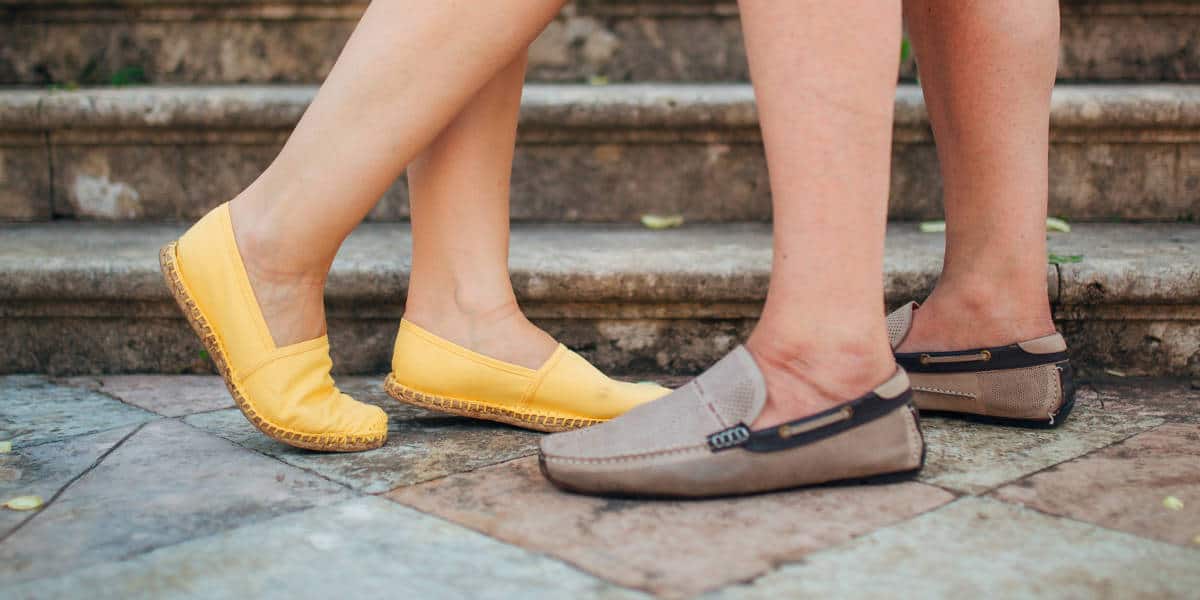 Listen Now
Revealing the Secrets of Men's and Women's Shoe Sizes: Why Are They Different?
Read More
Listen Now
Revealing the Secrets of Men's and Women's Shoe Sizes: Why Are They Different?
Read More
-
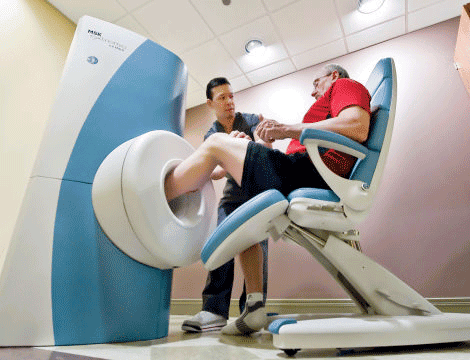 Listen Now
Revolutionizing Extremity Imaging: UFAI's Open MRI for the Foot and Ankle
Read More
Listen Now
Revolutionizing Extremity Imaging: UFAI's Open MRI for the Foot and Ankle
Read More
-
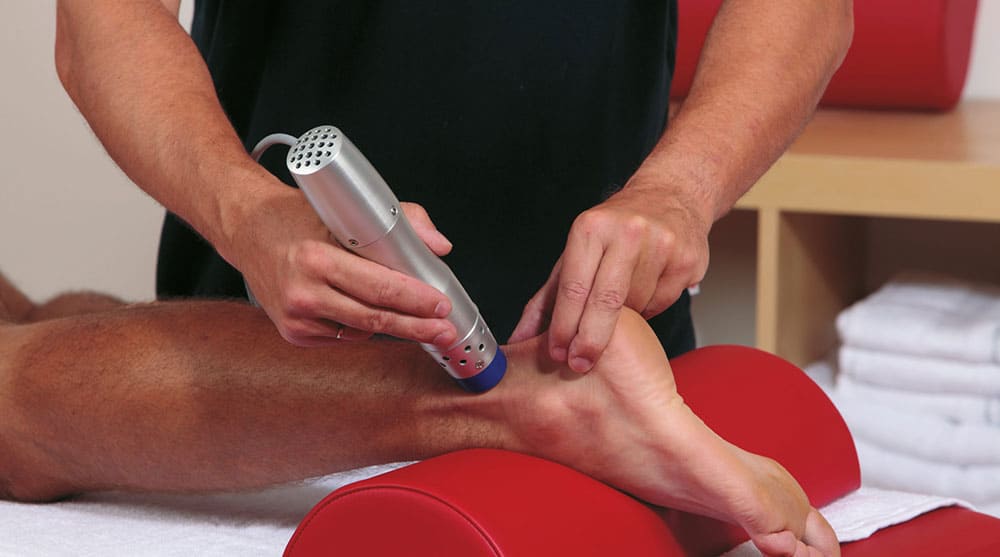 Listen Now
An Inside Look at Shockwave Therapy for Heel Pain, now available in Valencia, CA
Read More
Listen Now
An Inside Look at Shockwave Therapy for Heel Pain, now available in Valencia, CA
Read More
-
 Listen Now
15 Summer Foot Care Tips to Put Your Best Feet Forward
Read More
Listen Now
15 Summer Foot Care Tips to Put Your Best Feet Forward
Read More
-
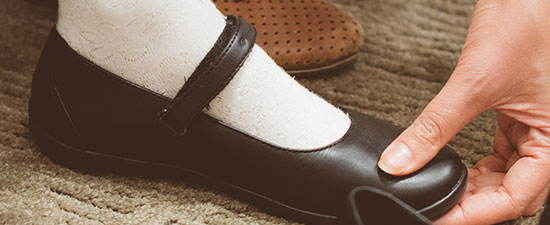 Listen Now
If the Shoe Fits, Wear it… Especially for Kids Shoes!
Read More
Listen Now
If the Shoe Fits, Wear it… Especially for Kids Shoes!
Read More
-
 Listen Now
How to Choose Running Shoes: 6 Essential Steps
Read More
Listen Now
How to Choose Running Shoes: 6 Essential Steps
Read More
-
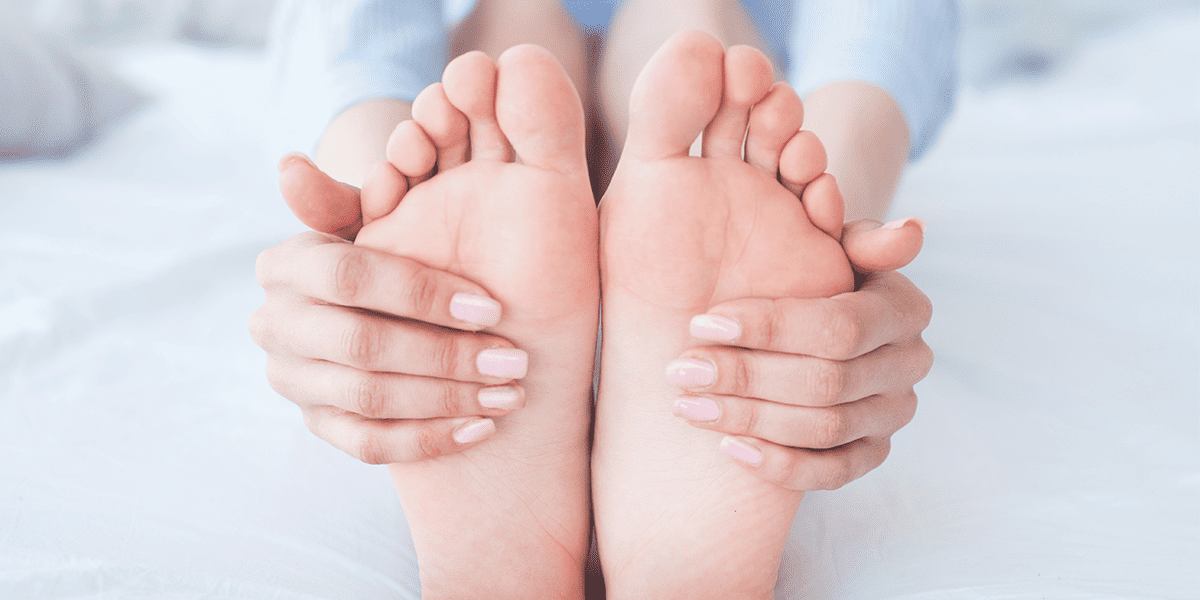 Listen Now
Why Are My Feet Different Sizes? It's More Common Than You Think
Read More
Listen Now
Why Are My Feet Different Sizes? It's More Common Than You Think
Read More
-
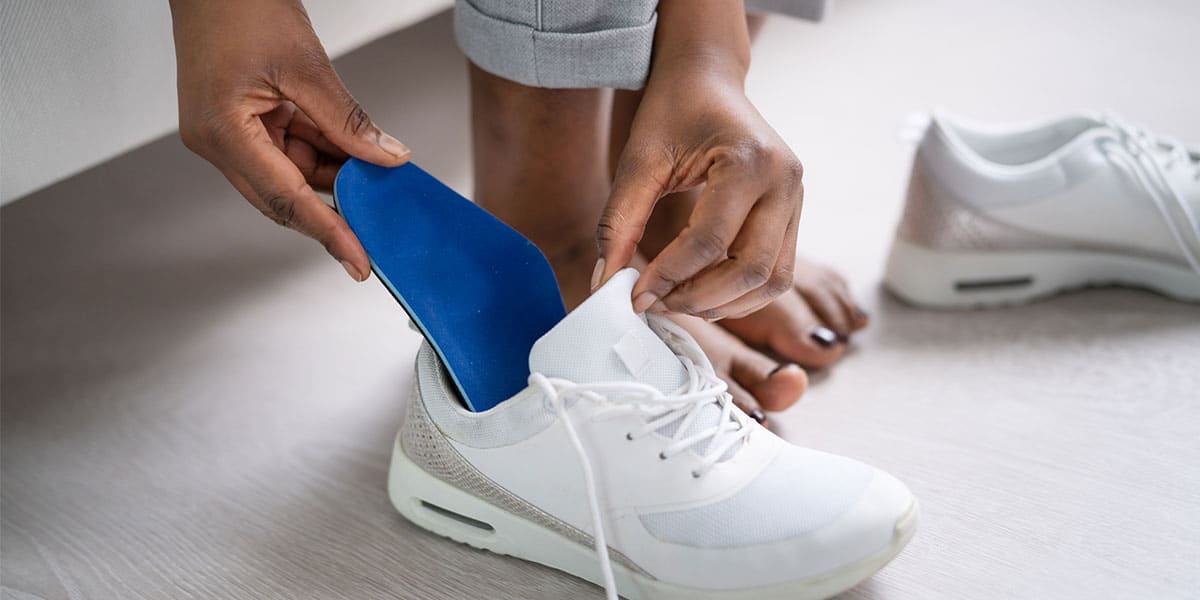 Listen Now
Custom Orthotics vs. Over-the-Counter Inserts: Which Are Best for Your Feet?
Read More
Listen Now
Custom Orthotics vs. Over-the-Counter Inserts: Which Are Best for Your Feet?
Read More
-
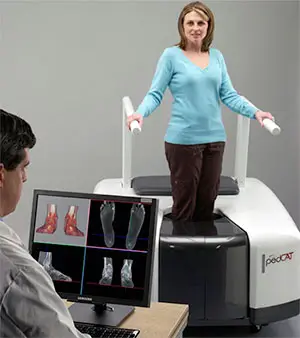 State-of-the-Art CT Scanning, Now in Our Office
Read More
State-of-the-Art CT Scanning, Now in Our Office
Read More
-
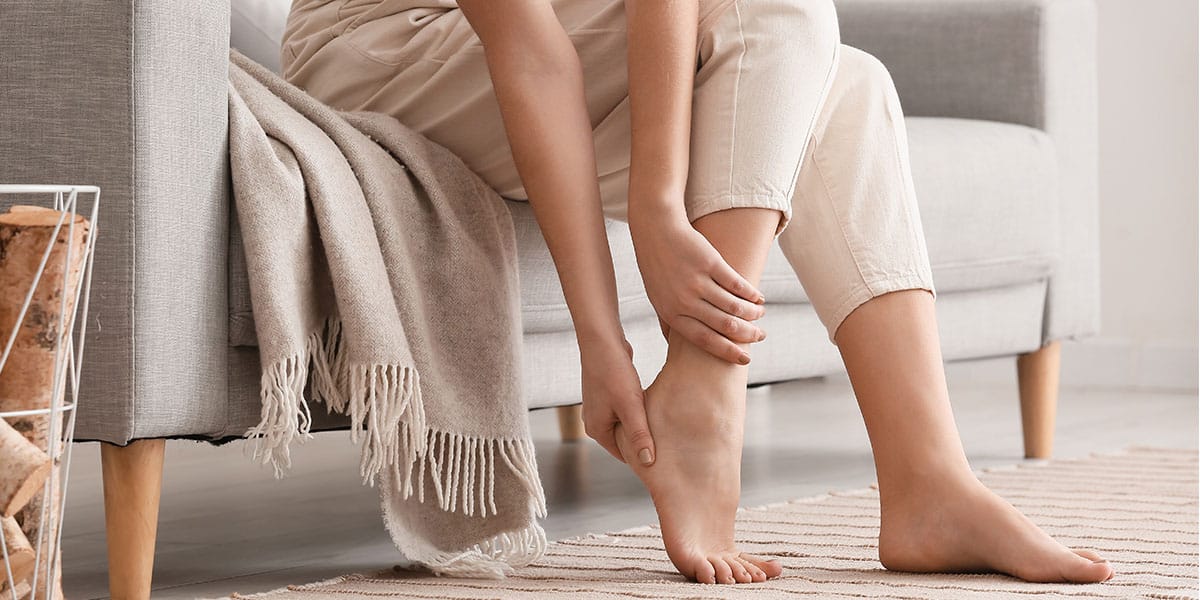 Listen Now
The Link Between Foot Health and Posture
Read More
Listen Now
The Link Between Foot Health and Posture
Read More
-
 Listen Now
The Power of Pediatric Flexible Flatfoot Procedures
Read More
Listen Now
The Power of Pediatric Flexible Flatfoot Procedures
Read More
-
 Listen Now
Common Foot Problems In Aging Feet: What To Watch Out For
Read More
Listen Now
Common Foot Problems In Aging Feet: What To Watch Out For
Read More
-
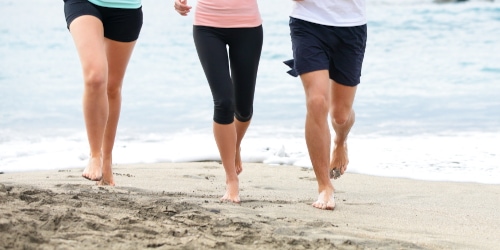 Listen Now
Is Barefoot Running Better? Or are you Running Toward Injury?
Read More
Listen Now
Is Barefoot Running Better? Or are you Running Toward Injury?
Read More
-
 StimRouter: A Revolutionary Approach to Targeted Pain Relief
Read More
StimRouter: A Revolutionary Approach to Targeted Pain Relief
Read More














